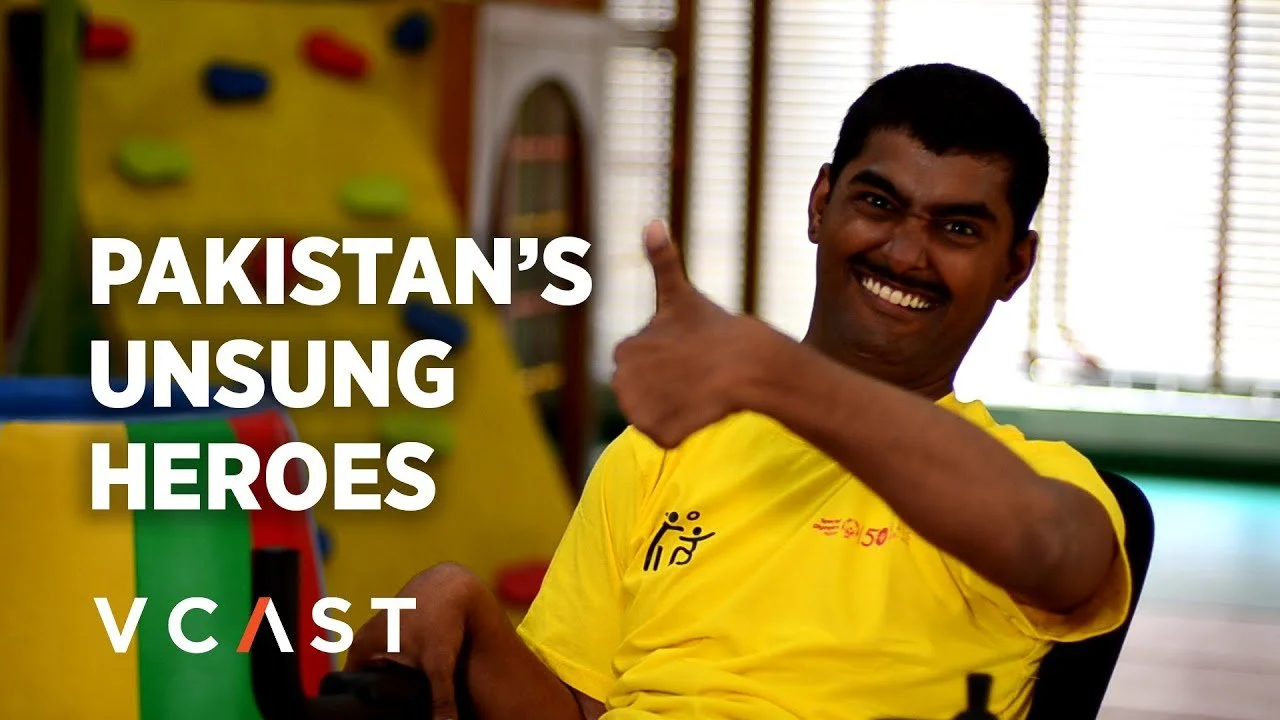Pakistan's Youngest Tennis Star
“I want to win more Grand Slams than Serena Williams and be number one in the world.” Ten-year-old Haniya Minhas speaks with the confidence of a champion in the making. She aspires not only to become Pakistan’s first Grand Slam winner but to dominate the global stage in a sport where the country has had little to no historic presence. At just three years old, she first picked up a tennis racket — and today, she stands as Pakistan’s youngest and most successful female tennis player of her age group, with over 60 titles to her name.
Haniya’s passion for tennis is deeply rooted in her relationship with her father, Mohammad Minhas, who has been her coach, trainer, and unwavering supporter. A seasoned tennis professional, Mohammad coached at the Dubai Tennis Stadium and served as the official hitting partner for the Dubai Open Tennis Championships. Recognizing Haniya’s innate talent from the moment she first gripped a racket, he nurtured her natural swing and keen instincts, setting her on a path that few young athletes in Pakistan have pursued.
Pakistani women's tennis faces considerable barriers: no player has yet competed in a Grand Slam or Junior Grand Slam, won a junior title outside Asia, or achieved a number one ranking in Asia, Europe, the ITF, or the WTA. Yet Haniya approaches the game with fearless confidence. “I don’t care if the other person is bigger than me,” she says. “I just play my game.” She combines that mindset with rigorous discipline, training two hours on court and dedicating an additional hour to fitness each day.
Haniya’s competitive journey began in Dubai at age six or seven, where she won her first tournament shortly after discovering her love for tennis. Under her father’s strict coaching, she regularly practices against stronger players to push her limits. “My father doesn’t want it easy for me,” Haniya admits. “If I play with easy players, then I’m not growing.” This resilience is evident in her physical endurance, as demonstrated by completing 100 push-ups in a row and holding a plank for 30 minutes—even outperforming a brigadier in the challenge.
In just a few short years, Haniya has rewritten the record books of Pakistani junior tennis. She became the first girl in the country’s history to be ranked number one nationally—in a category that included boys. At ten, she stepped onto the Asian tennis circuit and, within three months, became Pakistan’s first-ever Asian champion. By her sixth month, she had climbed to number two across the continent. Now focused on the international stage, she is steadily working to join the ranks of the world’s top juniors. Among her most defining victories was a win over Pakistan’s then-number-four-ranked female player—a moment that signaled her arrival as a serious contender.
Looking ahead, the plan is for Haniya to gain experience through approximately 25 international tournaments between the ages of 10 and 13, spanning Asia and Europe. These include prestigious competitions like the Orange Bowl and Eddie Herr, where tennis greats such as Rafael Nadal and Andy Murray once competed. Exposure to varied playing styles will prepare her for success on the IT and WTA circuits.
The financial demands of an ambitious tennis career are substantial. Mohammad Minhas estimates that annual expenses—including coaching, travel, accommodation, food, and equipment—currently range between three and five crore Pakistani rupees. These costs are expected to increase tenfold as Haniya progresses into her mid to late teens. The Bilquis and Abdul Razak Dawood Foundation provides crucial support, sponsoring her travel for select international tournaments each year.
“Rafael Nadal has not won anything near what Haniya has won. Roger Federer, none of them. People should understand that they have a diamond here—a player who can achieve great things for Pakistan, and they should support her.”
Despite this potential, many other prospective sponsors have declined support, citing a lack of funds or offering vague excuses. Mohammad Minhas attributes this to a broader lack of understanding of tennis within Pakistan’s corporate sector, emphasizing that although tennis requires significant financial investment, the rewards and global reach of the sport far exceed those of cricket, which remains far less widespread internationally. Unlocking Haniya’s full potential will require not only continued financial backing but a cultural shift to recognize and invest in sports beyond cricket.
With talent, determination, and the right support, Haniya is poised not only to break new ground for Pakistani tennis but also to inspire a new generation of athletes dreaming beyond traditional boundaries.
What excites you most about Haniya’s journey? Share your message of support for her in the comments below!
For more information: haniyaminhas.org
This article was developed with the assistance of AI tools.




